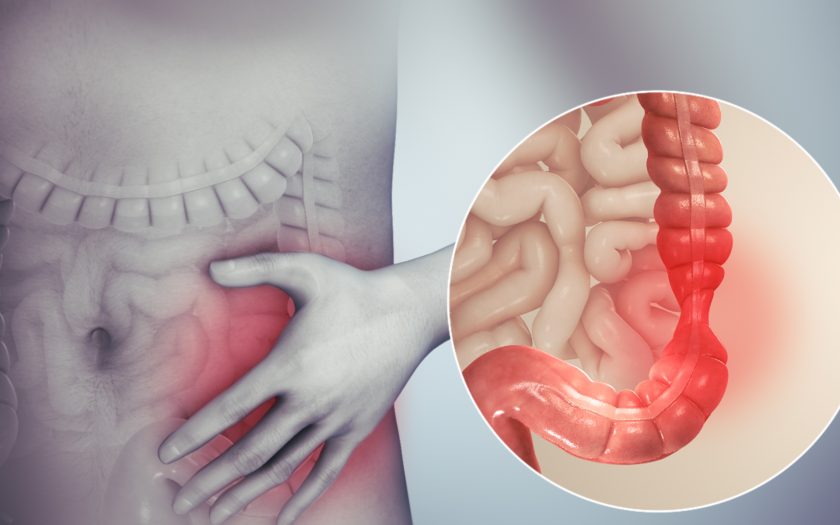In this disease, the intestinal wall becomes very sensitive. Therefore, nutrition directly affects your well-being. In addition, if necessary, you can help the intestines with drugs (such as Colofac or Tegibs). It is better to undergo a full course of treatment, because this approach not only relieves symptoms for a short time, but also fights the causes of the disease.
Let’s consider what foods are best excluded from the diet in IBS.
Smoked foods.
Smoked fish and meat are harmful to humans due to carcinogens contained in smoke. Smoked foods are contraindicated in people with this intestinal problem due to the high concentration of salt and carrageenan. This food supplement is often used when smoking meat. Studies also show that carrageenan can cause peptic ulcer disease. Among animal foods, choose lean meats and fish.
Food that causes flatulence.
One of the symptoms of IBS is flatulence – an increased amount of gas in the intestines. Many of these gases enter the body when swallowed, so experts recommend eating slowly. Another source of gases is the activity of microorganisms living in the colon. Their fermentation can be controlled, excluding from the diet legumes, all kinds of cabbage, mushrooms, grapes, pears, apples, peaches.
Add to your diet foods that reduce bloating: bell peppers, cucumbers, tomatoes, corn, eggplant, asparagus, banana and ginger.
Food containing insoluble fiber.
Although fiber is not digested, it is necessary for the normal functioning of the intestines. Insoluble fiber cleanses the intestines and stimulates peristalsis, which can increase bloating and cramps. Such products include beans, bran, cauliflower, nuts.
In IBS, it is best to replace insoluble fibers with soluble fibers. This fiber in the presence of fluid converts the contents of the stomach into “jelly” and easily removes it from the body. Thus, the use of soluble fiber is recommended for constipation. This fiber is found in rye bread, avocados, spinach, celery, raspberries and strawberries.
Alcoholic beverages.
Alcohol aggravates the symptoms of IBS. Alcohol irritates the stomach, causing the production of gastric juice saturated with hydrochloric acid. In addition, alcohol may contain gluten or sugar (wine, vermouth and liqueurs). Therefore, alcohol should be avoided for gastrointestinal health.
Remember that a strict diet is also stressful. Do not rush to throw harmful food out of the refrigerator. Start gradually giving them up, paying attention to your body. Keep a food diary to keep track of improvements and focus on foods that improve your digestion.
Try to find the source of stress and get rid of it. If this is not possible, start meditating or consult a psychologist. Talk to your doctor, he may recommend additional medication.
In combination, proper nutrition and medication can solve the problem of IBS. Thanks to the useful components, inflammation of the mucous membrane of the gastrointestinal tract will be reduced and motility will be normalized. Your doctor may prescribe a drug with antidepressant properties, as this can stop the feeling of bloating and reduce the severity of pain.

